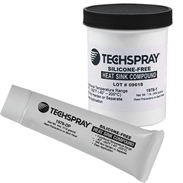Our website use cookies, which are necessary for its functioning and required to achieve the purposes provided in our cookie policy. To find out more or withdraw your consent to all or some of the cookies, please refer to the cookie policy. By clicking 'OK', closing this banner, clicking a link or continuing to browse, you agree to the use of cookies.
Privacy Policy
FAQs
FAQ Article filter
Ask A Technical Question
You did not finish submitting your information to request a sample













